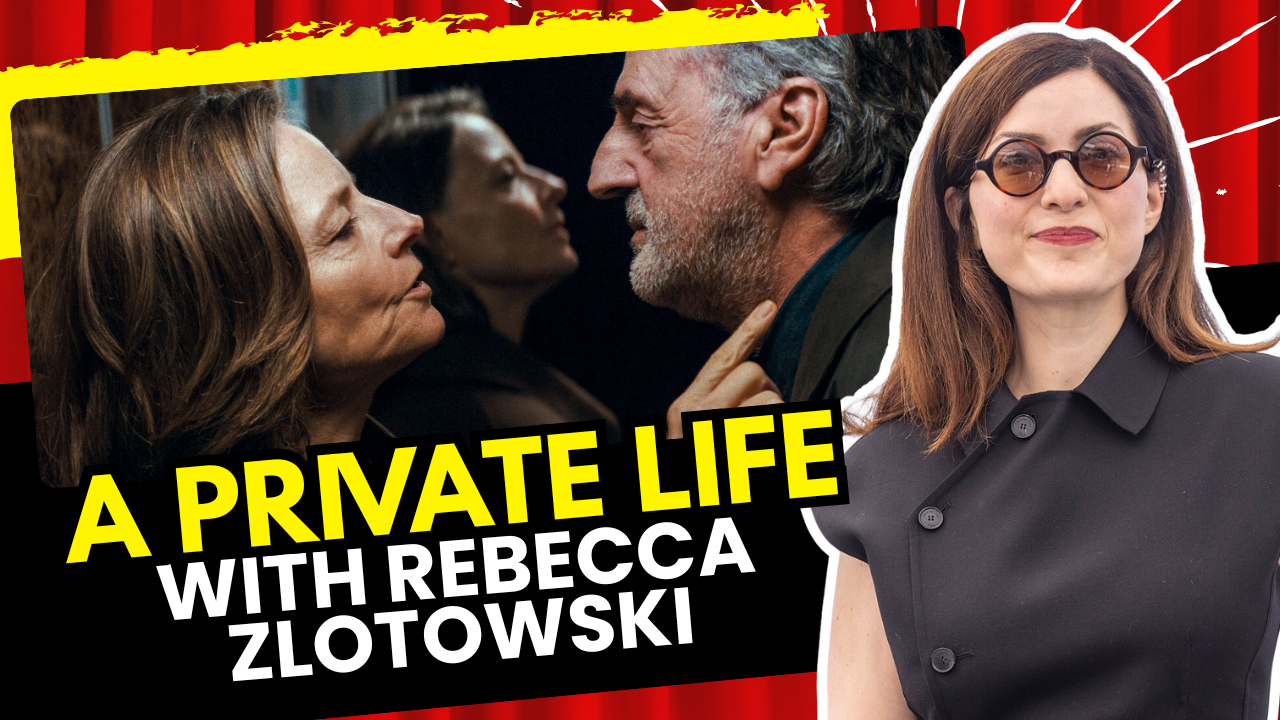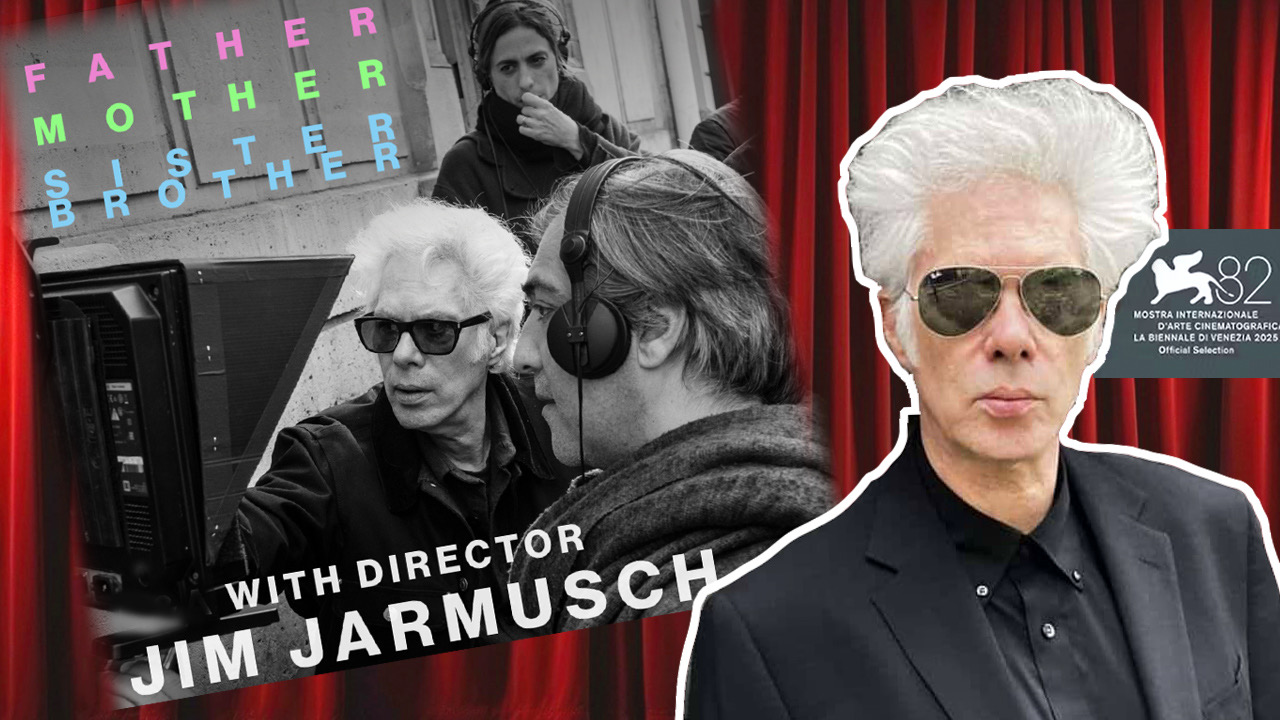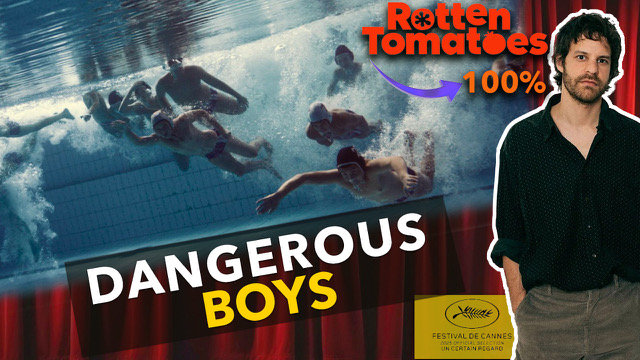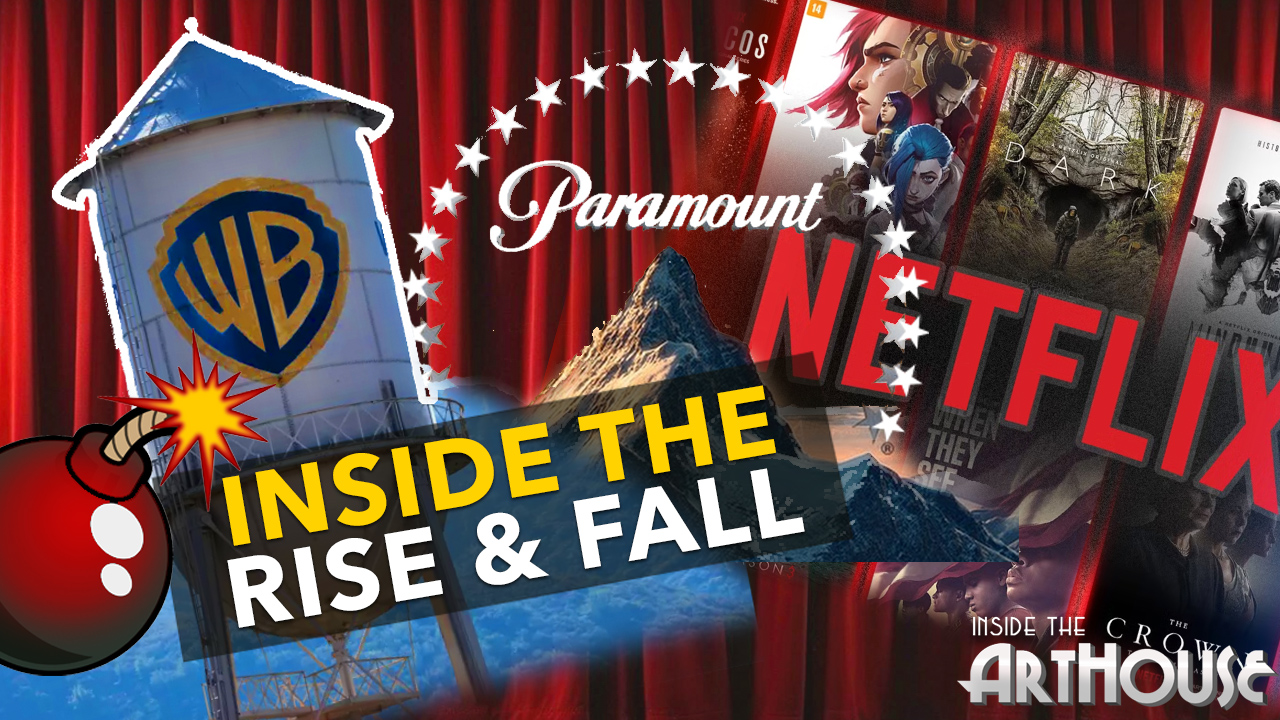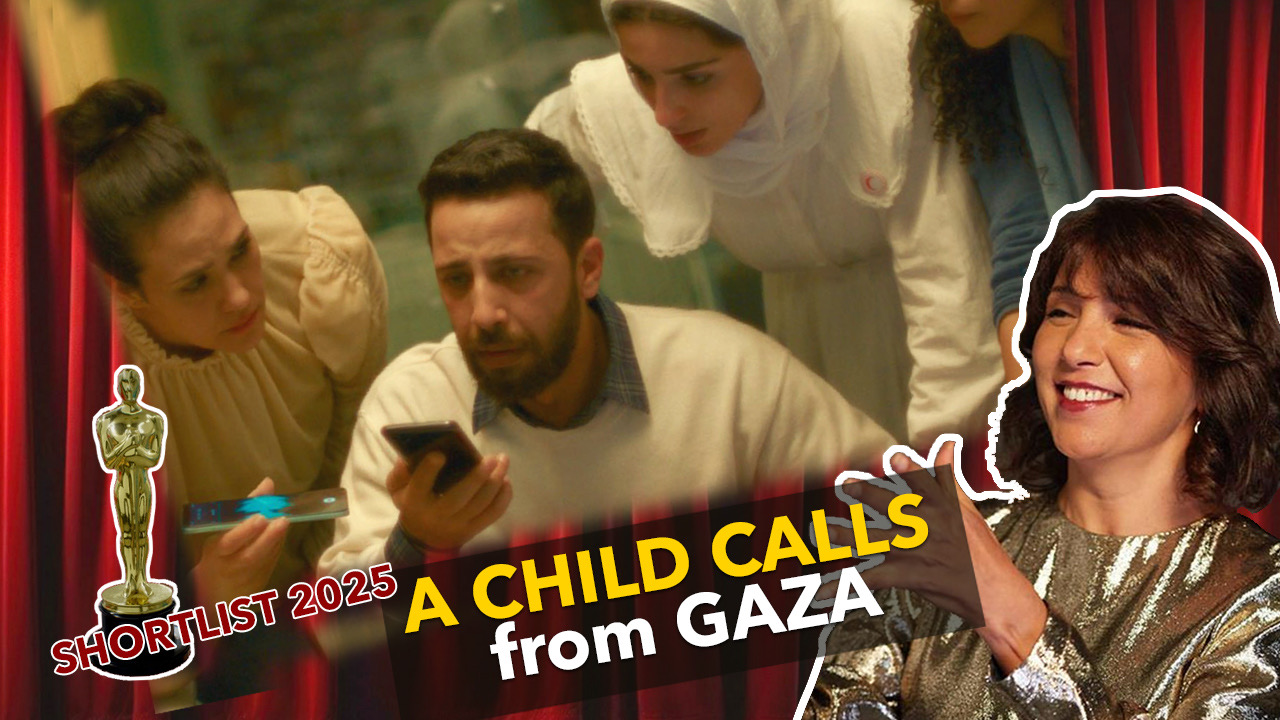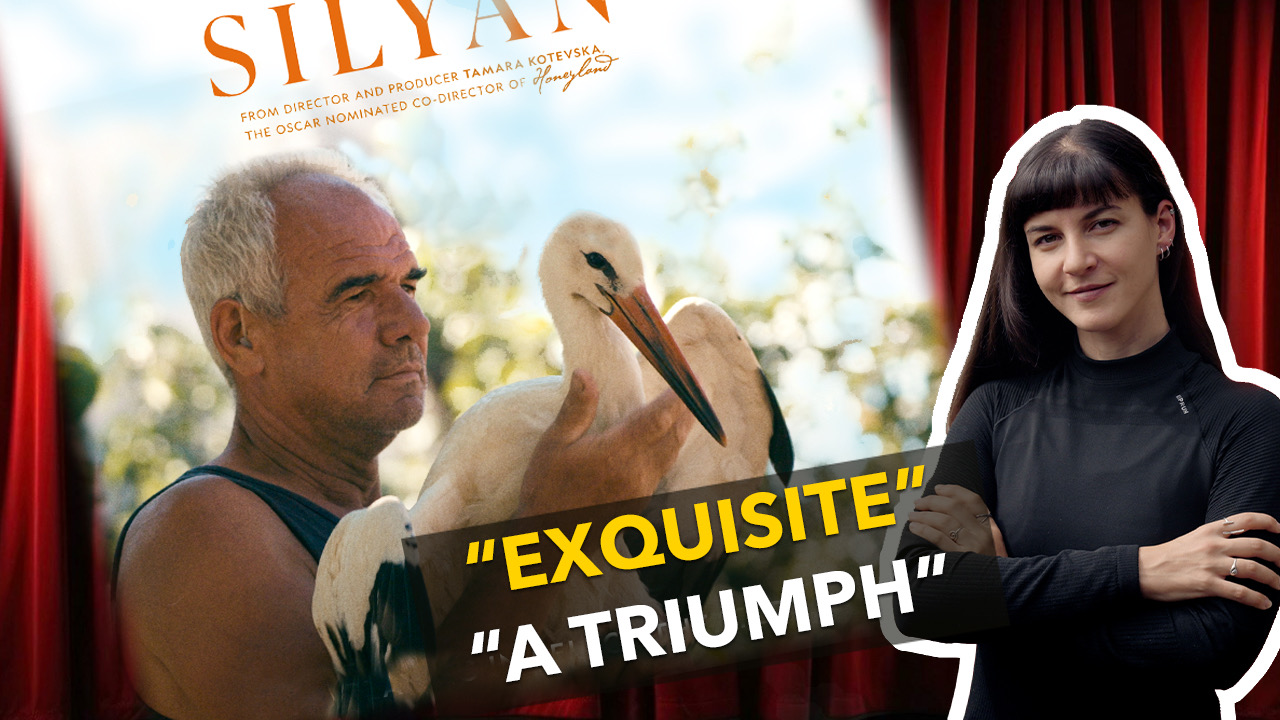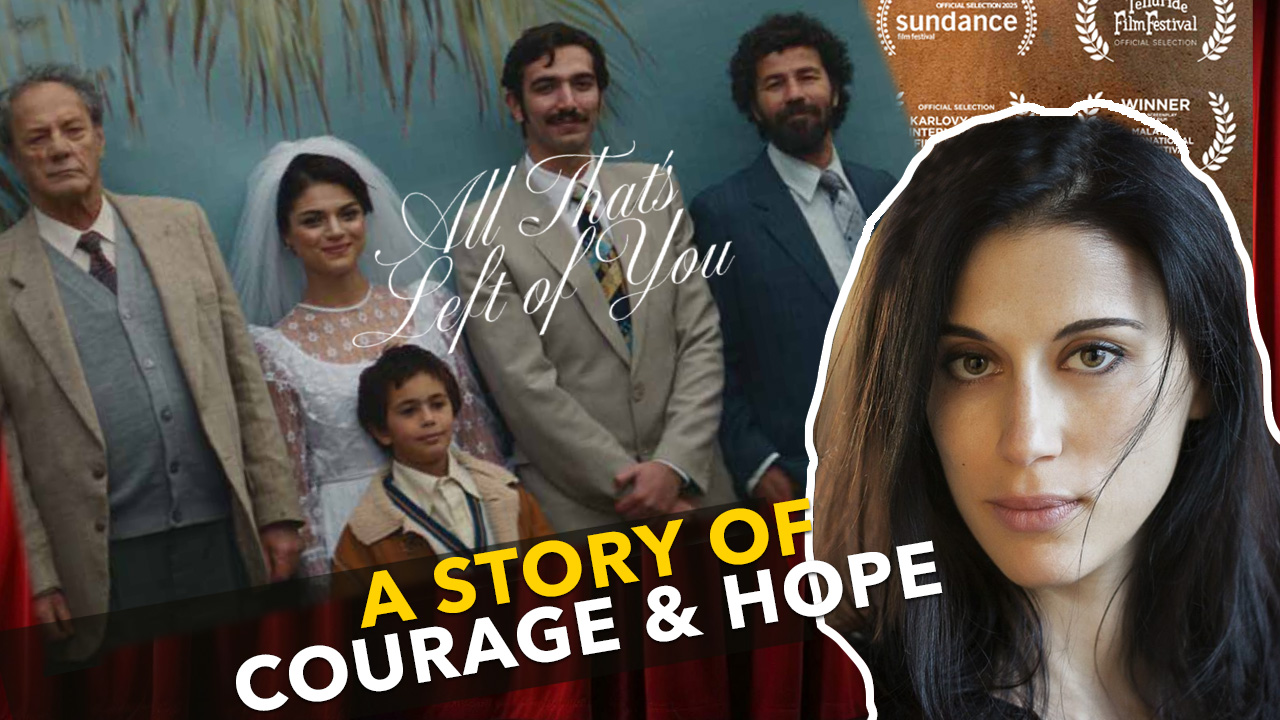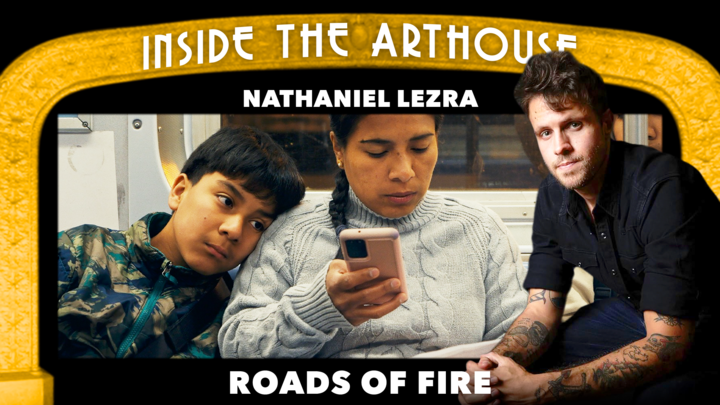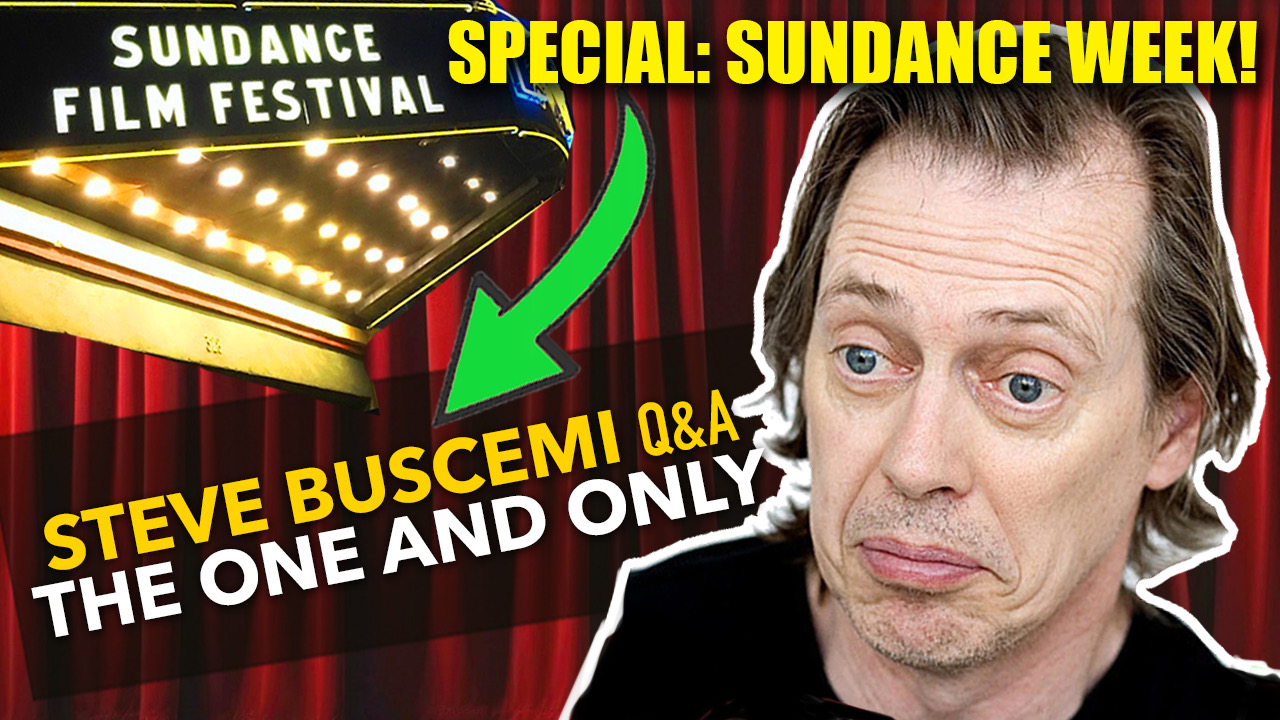
As the Sundance Film Festival approaches its final year in Park City, we’re taking a moment to reflect on the artists who didn’t just pass through Sundance—but helped define it, and in doing so, shaped an entire era of American independent cinema.
Among those enduring icons is Steve Buscemi.
Buscemi’s breakthrough came with Bill Sherwood’s PARTING GLANCES, which premiered at Sundance in 1986. The film helped spark the New Queer Cinema movement and marked one of the earliest moments when Sundance revealed itself as a true launchpad for bold, deeply personal storytelling.
Throughout the late 1980s and 1990s, Buscemi became one of the most recognizable faces of independent film, collaborating with a generation of filmmakers who would go on to redefine the medium—including Joel and Ethan Coen, Quentin Tarantino, Jim Jarmusch, Abel Ferrara, and Tom DiCillo.
His unforgettable performance in Alexander Rockwell’s IN THE SOUP earned the film the Grand Jury Prize at Sundance in 1992, cementing Buscemi’s place at the heart of the indie film explosion of the ’90s.
More recently, Buscemi was honored by IndieCollect as part of their RescueFest 2025 program, recognizing his lasting impact on independent cinema and the preservation of film history.
For the occasion, IndieCollect founder Sandra Schulberg invited Greg to moderate a conversation with Steve, co-hosting alongside Michelle Satter, founder and longtime director of the Sundance Institute Labs.
We’re proud to bring that conversation to you now – this is Steve Buscemi in a Q & A format, on INSIDE THE ARTHOUSE— starting now.
